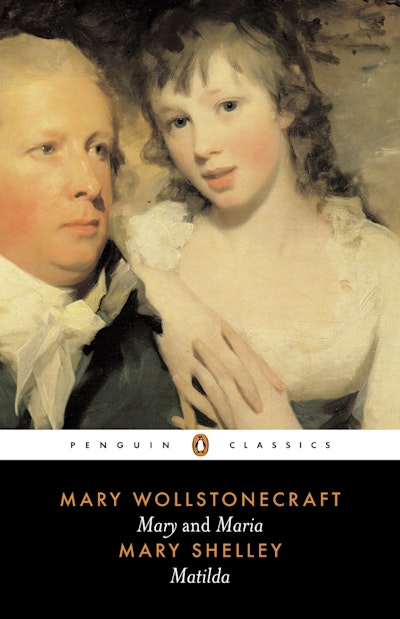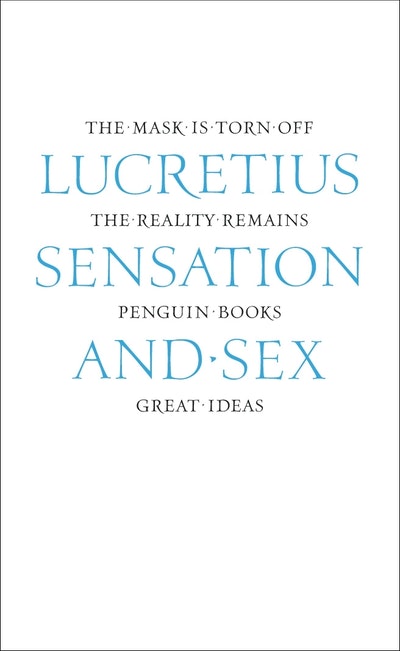- Published: 13 September 2007
- ISBN: 9780141915371
- Imprint: Penguin eBooks
- Format: EBook
- Pages: 304
The Nature of Things
New translation by Alicia Stallings, with an introduction by Richard Jenkyns
Lucretius' poem On the Nature of Things combines a scientific and philosophical treatise with some of the greatest poetry ever written. With intense moral fervour he demonstrates to humanity that in death there is nothing to fear since the soul is mortal, and the world and everything in it is governed by the mechanical laws of nature and not by gods; and that by believing this men can live in peace of mind and happiness. He bases this on the atomic theory expounded by the Greek philosopher Epicurus, and continues with an examination of sensation, sex, cosmology, meteorology, and geology, all of these subjects made more attractive by the poetry with which he illustrates them.
- Published: 13 September 2007
- ISBN: 9780141915371
- Imprint: Penguin eBooks
- Format: EBook
- Pages: 304
Other books in the series
About the author
Titus Lucretius Carus (who died c. 50 BC) was an Epicurean poet writing in the middle years of the first century BC. His six-book Latin hexameter poem De rerum natura survives virtually intact, although it is disputed whether he lived to put the finishing touches to it. As well as being a pioneering figure in the history of philosophical poetry, Lucretius has come to be our primary source of information on Epicurean physics, the official topic of his poem.


























































































































































































































































































































































































































































































































































































































































































































































































































